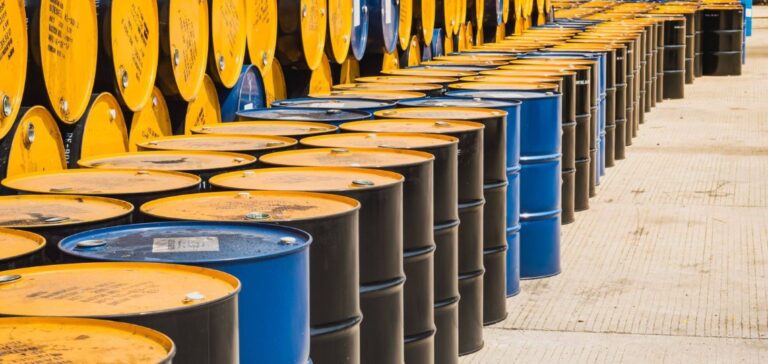According to theEIA, the week ended April 26 saw a significant increase in crude oil reserves of 7.3 million barrels, well above the 2.5 million barrels anticipated by analysts. Total reserves now stand at 460.9 million barrels, 3% below the five-year average for this period.
Commercial dynamics and refining operations
This rise in inventories was mainly due to a sharp drop in exports, which fell from 5.1 million to 3.9 million barrels per day. At the same time, imports rose slightly to 6.7 million barrels per day. The pace of refinery activity also slowed, from 88.5% to 87.5%, increasing the quantity of crude awaiting processing.
Gasoline reserves and crude oil production
Contrary to analysts’ expectations of a slight decline, gasoline reserves rose by 300,000 barrels. US crude oil production remained close to its record at 13.1 million barrels per day. Demand for refined products delivered to the US market remained stable, averaging 19.6 million barrels over four weeks.
US Strategic Reserves (SPR) were also strengthened, with an addition of 600,000 barrels, bringing the total to 366.3 million barrels. Following the announcement of these figures, oil prices continued to fall. The price of a barrel of Brent crude oil for July delivery lost 1.84% to $84.74. Its US equivalent, a barrel of West Texas Intermediate (WTI) for delivery in June, was down 1.87% at $80.40.





















